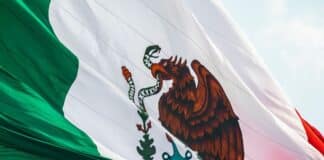The United Nations is facing intense criticism for expanding a controversial commission targeting Israel, even while grappling with a global budget crisis. The move has reignited debate over UN bias and the misuse of taxpayer dollars, particularly from the United States.
The Independent International Commission of Inquiry on the Occupied Palestinian Territory, led by former South African official Navi Pillay, recently added four high-level positions in Geneva. The combined salaries for these roles range between $530,000 and $704,000 annually, not including benefits. The hiring was approved despite widespread financial cutbacks across other UN operations.
Critics argue the commission was established specifically to delegitimize the State of Israel. One prominent human rights advocate called the commission “a vehicle to destroy the Jewish state,” citing its repeated use of inflammatory language. A recent report from the commission accused Israel of “exterminating” Palestinians and labeled Israeli citizens as “extremist Jews,” while erasing Jewish historical claims to the land.
Observers say the commission’s actions align with a longstanding pattern of anti-Israel bias at the UN. The agency has routinely passed more resolutions condemning Israel than any other nation, including authoritarian regimes with documented human rights abuses.
The controversy is drawing attention in Washington, where lawmakers have raised concerns over continued U.S. funding to the UN. Proposals are circulating in Congress to restrict American contributions to agencies or commissions that promote anti-Israel agendas. Lawmakers argue U.S. tax dollars should not finance what they view as ideologically driven attacks on America’s closest Middle Eastern ally.
Despite growing backlash, the UN has not issued a public response. The decision to fund additional roles within the commission highlights ongoing priorities that many argue contradict both fiscal responsibility and impartial diplomacy.





